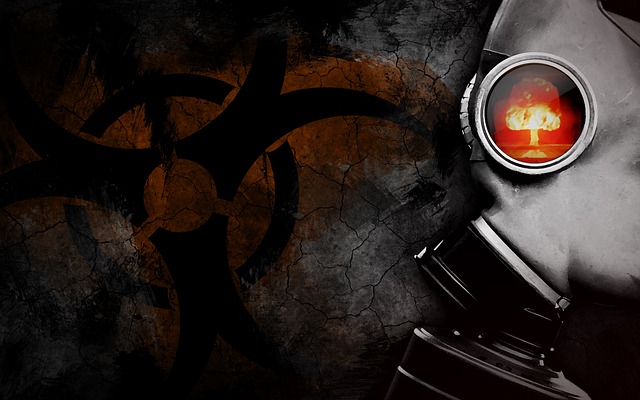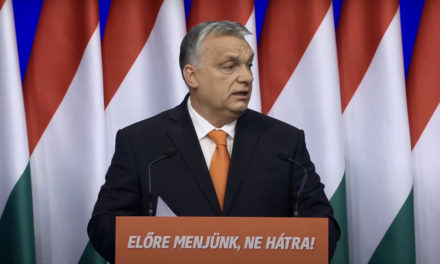Nuclear weapons play a role in the Russo-Ukraine war, even if they have not actually been used. According to some, the Russian invasion may increase European public support for nuclear weapons.
But is this really the case, and if so, will this support lead to the creation of new nuclear weapon states? Angela Kellett asks in the columns of the National Interest.
In the latest episode of the Plowshares Fund's Press the Button podcast, Dr. Lauren Sukin and Dr. Alexander Lanoszka, from Stanford University and the University of Waterloo in Canada, respectively, discuss how Russia's nuclear saber rattling has affected Europe's views on nuclear weapons.
asked citizens of Poland, Romania, Latvia, Lithuania and Estonia about their views on nuclear weapons. 77 and 93 percent of the surveyed citizens said that
"they do not trust Russia's nuclear decisions, and 9 out of 10 have an unfavorable opinion of Russia."
According to their poll data, respondents in Eastern and Central Europe expressed some support for national nuclear weapons. According to the answers to the survey, 66 percent in Poland, 51 percent in Estonia, 45 percent in Romania, 40 percent in Latvia, and 38 percent in Lithuania supported their country having such weapons.
Support for nuclear weapons stems from the idea that nuclear weapons can be used as a deterrent and that they would give countries autonomy.
"So their nuclear weapons program," Sukin explains, "can give them a reliable sense of security."
"We also feel that [there are] concerns about who decides when and why they can use nuclear weapons"
Sukin added.
On a larger scale, the collected data clearly shows concerns about Russian nuclear threats to European security.
Support for NATO was significant among those interviewed.
"About 90 percent of our respondents held pro-NATO views, and 66-85 percent trusted NATO's nuclear decision-making"
Sukin told Collina.
According to the two experts, the national nuclear programs won support because of Vladimir Putin's saber rattling.
"However, American and NATO participation in the non-proliferation process is likely to hinder this"
argued Lanoszka.
According to Lanoszka, the United States has used many tools throughout history, especially during the Cold War, to force allies not to use nuclear weapons. These tools, such as financial sanctions,
they reduce the likelihood that allied governments will follow the public voice on nuclear weapons.
Despite growing public support for national nuclear weapons programs, the majority of citizens do not support their use. Sukin adds that "according to 85 percent of those who participated in our survey, there is no situation in which the use of nuclear weapons is morally justified."
Lanoszka emphasizes that the renewed fear of nuclear risks in Europe does not necessarily mean that additional states will seek to acquire nuclear weapons.
"I am quite optimistic that the war in Ukraine, which has really been going on for almost eight years now, will not encourage more countries to reconsider their previous non-proliferation decisions"
- He told.
Photo: Pixabay












